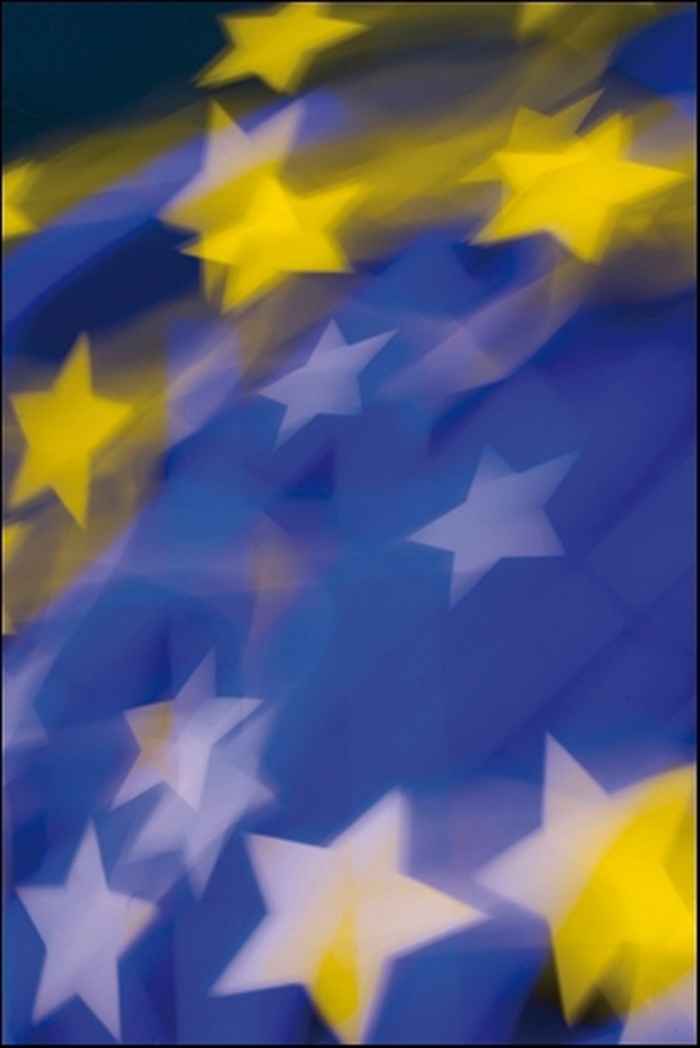Celebrating 20 Years of EU Enlargement: Successes and Challenges
- Date
- 14 May 2024
- Time
- 12:30 -18:00
- Location
- Roeterseilandcampus - building A
- Room
- A3.15
- Organised by
- Kati Cseres

An “act of historical justice”
The “big bang” enlargement formed a watershed in the history of those Central and Eastern European countries (CEECs) who joined the EU in 2004 and later in 2007. An “act of historical justice” ending most of the divisions of post-1945 Europe, but also the beginning of an ''unconventional marriage”.
Seen as a massive process of Europeanisation, the CEECs’ accession period has often been considered effective because these countries’ strong desire to ‘return to Europe’ accorded the EU unprecedented power to influence their development. Their adoption of EU rules was governed by strong EU conditionality, which acted as a crucial incentive for legal, political and economic transformation. At the same time, the process of accession and Europeanization of the CEECs’ laws have been interacting with these countries’ complex transformation through market, constitutional and institutional reforms. The CEECs’ desire to transition to an ideal model of liberal democracy and market economy according to Western standards, went hand in hand with the external governance method of top-down rule transfer, based on strong EU conditionality resulting in the exceptional process of transplanting of EU rules into domestic jurisdictions.
Have ''European'' values been integrated?
However, post-accession assessments have raised concerns about the sustainability of conditionality-induced Europeanization after granting membership, both in terms of political and regulatory conditions. The lessons of the enlargement rounds in 2004, and 2007 showed that mere adoption of EU legislation did not guarantee that the receiving country made quality progress in effectively implementing EU law including “European” values and norms. It has also questioned the EUs very transformative power as well as its own capacity to cope with multiple crises (financial, migration and rule of law) since then. The successes and failures of enlargement, mainly viewed and discussed through the lens of consolidation of democracy and market economy in these countries, and their impact on EU integration cannot be captured through a mono-disciplinary and static way.
Future challenges and opportunities
In this symposium we look, from various perspectives, disciplines and societal roles, back at the enlargement rounds 20 years ago, and reflect on the EU post-accession and European integration over this period from a perspective of core and periphery. We also look forward to what challenges (and opportunities) the future of enlargement brings. But, most importantly, we want to celebrate enlargement as a transformative process bringing more diversity and inclusion across the continent.

